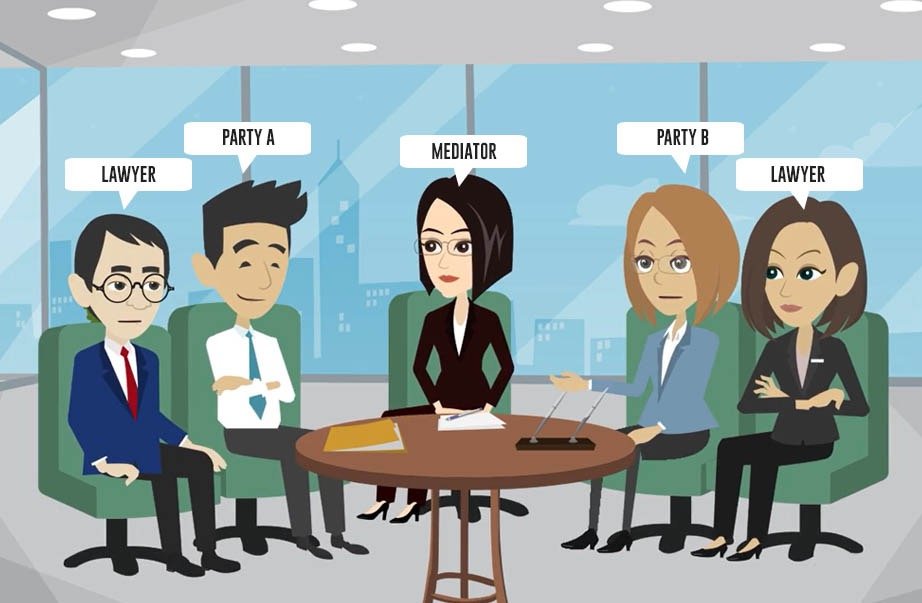Blog
- Home
- Law news
Free Consultation For NYC Local Businesses

Introduction: Legal conflicts are an unavoidable aspect of a dynamic society. However, resolving disputes doesn't always require a contentious courtroom battle. This blog explores the pivotal role of mediation as an alternative and collaborative method for resolving legal conflicts, fostering communication, and ultimately, achieving harmony.
Section 1: Understanding Mediation Dynamics
Gain insights into the fundamental principles of mediation. From the role of a neutral mediator to the voluntary nature of the process, unravel the dynamics that set mediation apart as a cooperative and interest-based approach to conflict resolution.
Section 2: Benefits of Mediation Over Litigation
Explore the advantages that mediation brings to the table compared to traditional litigation. From cost-effectiveness and time efficiency to the preservation of relationships, this section highlights why mediation is increasingly becoming the preferred method for resolving legal disputes.
Section 3: Real-Life Mediation Success Stories
Illustrate how mediation has successfully resolved intricate legal disputes through real-life cases. These stories provide tangible examples of how parties, often entrenched in conflict, found common ground and crafted mutually agreeable solutions through the mediation process.
Section 4: The Mediator's Toolbox
Delve into the skills and techniques employed by skilled mediators. From active listening to reframing perspectives, understand how mediators guide parties towards resolution by fostering open communication and facilitating negotiations.
Section 5: Mediation in Diverse Legal Arenas
Explore how mediation is utilized in various legal contexts, from family law and business disputes to community conflicts. This section showcases the versatility of mediation in fostering resolution across different legal domains.
Conclusion: A Path to Harmonious Resolution
The blog concludes by emphasizing the transformative potential of mediation. By choosing a path of cooperation and communication, parties involved in legal disputes can find not just resolution but a foundation for future collaboration.